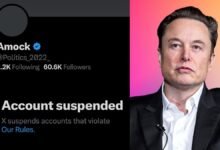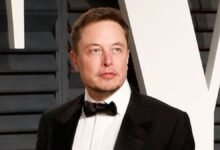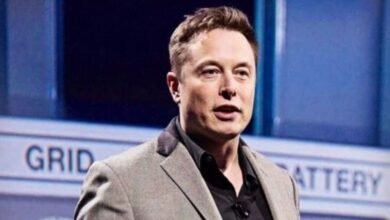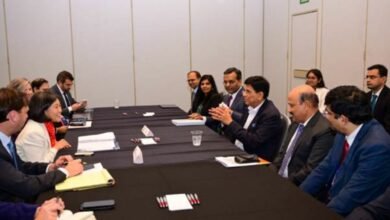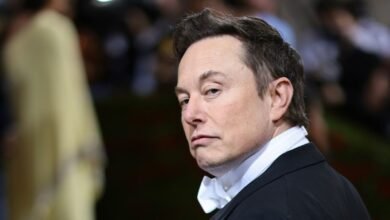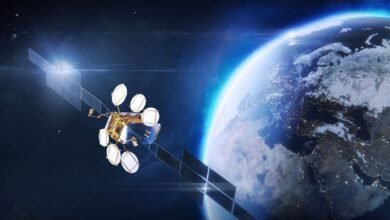Tesla CEO Elon Musk Warns of Chinese Automakers’ Global Dominance Amidst Increasing Competition
Navigating the Road Ahead: Elon Musk Highlights Concerns and Strategies in the Face of Rising Chinese EV Dominance.
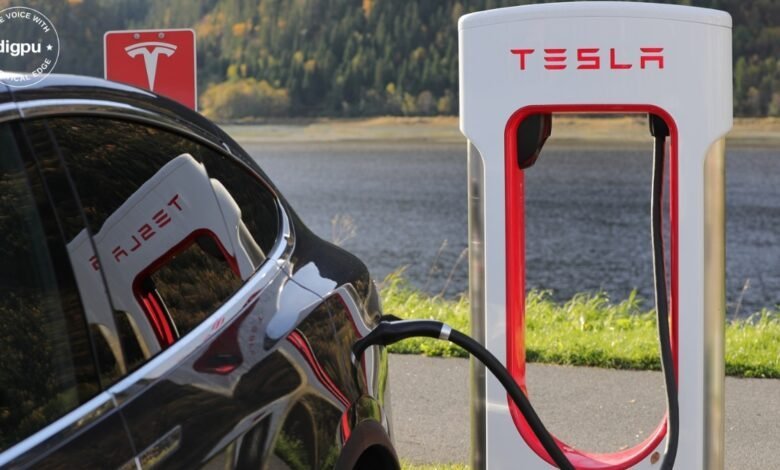
In a recent Tesla earnings call, CEO Elon Musk expressed concerns about the growing dominance of Chinese automakers, warning that they could “demolish” global rivals without the imposition of trade barriers. This comes as BYD, backed by Warren Buffett, surpassed Tesla as the world’s top-selling electric vehicle (EV) company in the last quarter.
Chinese Automakers’ Competitive Edge
Musk acknowledged Chinese car companies as the “most competitive” globally, citing their success in the EV market. Despite Tesla’s price cuts in 2023, BYD’s affordable models and diverse lineup propelled it to the forefront. Musk emphasized the need for trade barriers to prevent Chinese automakers from outperforming global competitors.
Tesla’s Response to Competition
Facing increasing competition, Tesla plans to introduce a mass-market compact crossover, named “Redwood,” in mid-2025 to compete with more affordable rivals. Musk confirmed Tesla’s expectation to start production of its next-generation EV at its Texas factory in the second half of 2025.
Challenges and Opportunities in the US and Europe
Chinese EV manufacturers, known for cost control and supply chain management, are rapidly expanding globally. However, they face challenges in the US regarding brand awareness, reliability, durability, and safety. Musk suggested that improvements in these areas are crucial for gaining market share. The remarks coincide with the US presidential election, where concerns about China’s dominance in the EV market have been raised.
Policy Considerations and Trade Barriers
Both current and former US presidents have expressed concerns about China’s influence in the EV market. President Joe Biden has raised the issue during the election, while former President Donald Trump advocated for stronger tariffs. Musk noted that while there is no obvious opportunity to partner with Chinese rivals, Tesla remains open to providing access to its charging network and licensing technologies.
Tesla’s China Strategy
In China, Tesla faces challenges, including entry restrictions at government-affiliated venues due to data security concerns. Despite intensifying competition and policy uncertainty, Tesla has lowered prices to remain competitive. However, this has added pressure on the company’s profitability. BYD, despite being a competitor, remains an important battery supplier for Tesla, as the company plans to ramp up orders from various suppliers in 2024.
Conclusion
As Tesla navigates the evolving landscape of the global EV market, Elon Musk’s warnings about the competitive strength of Chinese automakers underscore the need for strategic considerations and potential policy interventions to maintain a balanced playing field for all players. The dynamics between Tesla and Chinese competitors will likely continue to shape the future of the EV industry.
